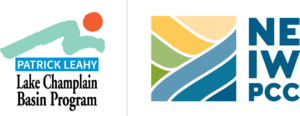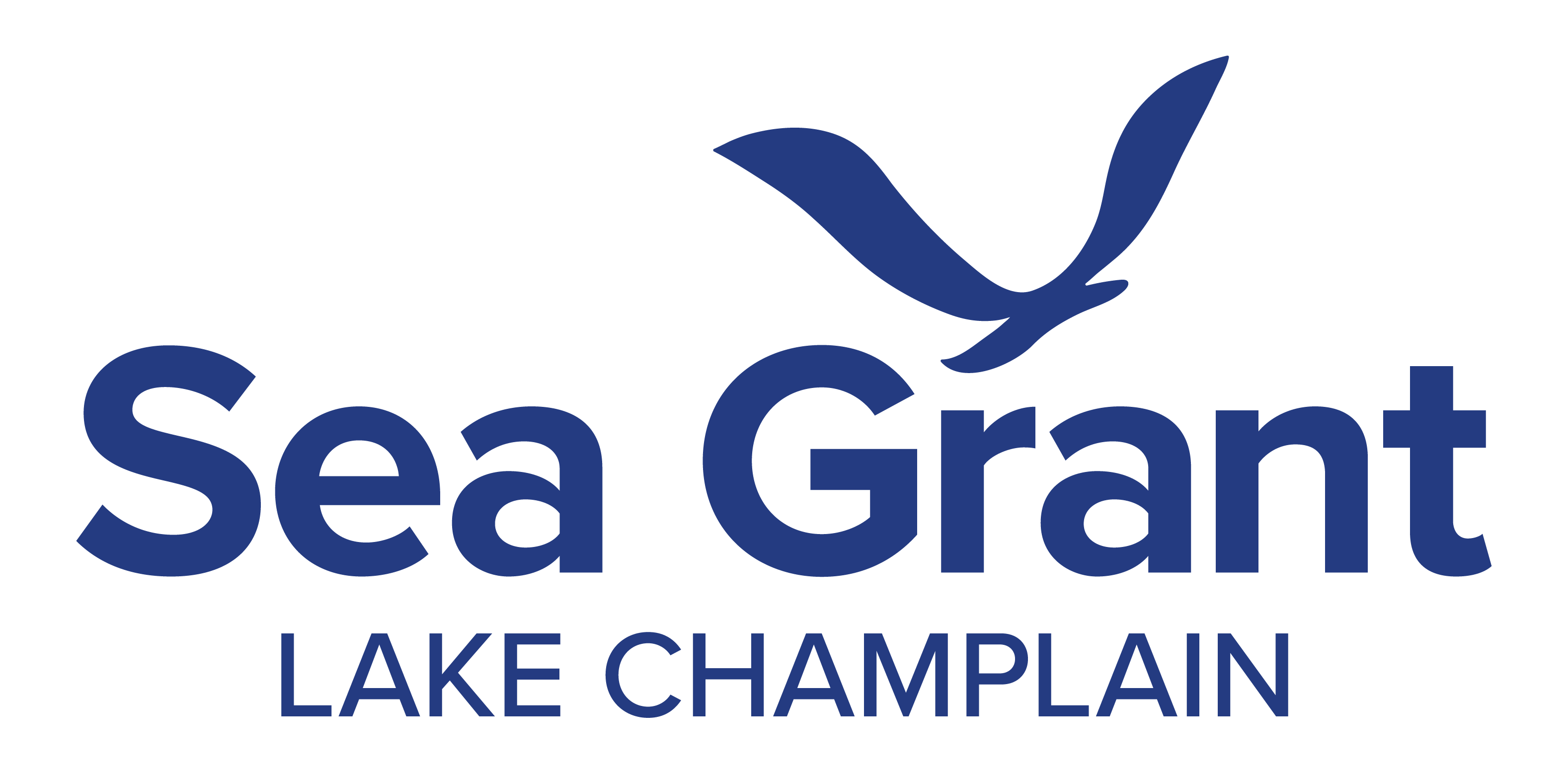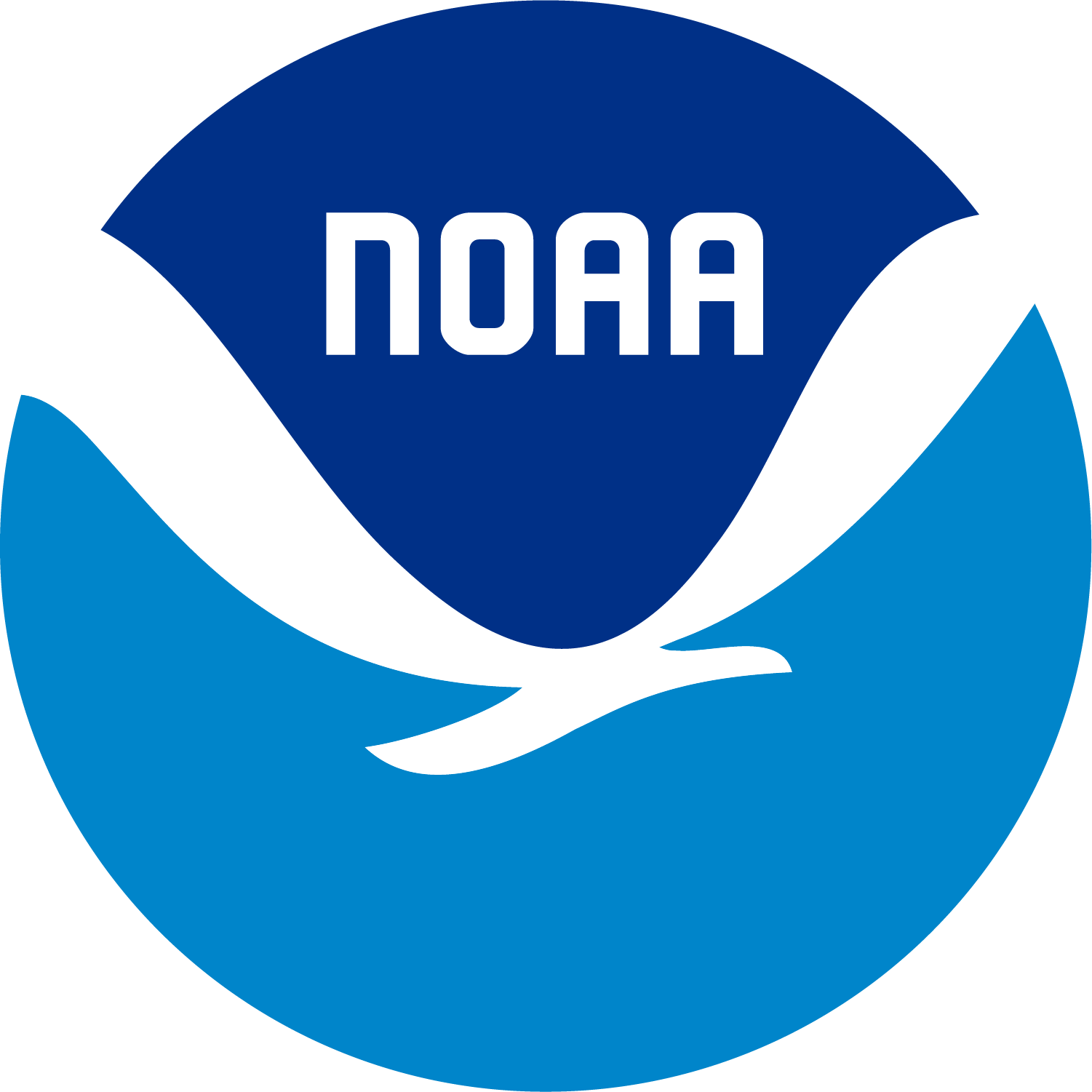News
Raise the Blade to reduce stormwater runoff to Lake Champlain
Grand Isle, VT – The Lake Champlain Sea Grant and University of Vermont Extension in collaboration with the Lake Champlain Basin Program and other partners are renewing Raise the Blade, a campaign to reduce stormwater runoff. The campaign promotes healthy lawn practices to protect water resources in the Lake Champlain Basin.
Composting Association of Vermont, Cornell Cooperative Extensive, Lake Champlain Committee, and Vermont Agency of Natural Resources are additional partners on the campaign.
The campaign recommends three simple practices.
- Raise the blade on your lawnmower to 3 inches. Longer grass will shade out weeds and retain moisture in the soil. Longer grass also has deeper roots, which aerate the soil and improve its ability to retain rainwater.
- Leave lawn clippings where they are. A natural fertilizer, they will decompose into organic matter and support the health of the lawn.
- Remove only one third of the grass blade to reduce stress to your lawn. Grass will be greener and more resilient during dry periods.
These lawn care practices come with added benefits. They reduce the need for fertilizer and increase resilience to extreme weather, including heavy rainfall and drought. When implemented widely, especially in tandem with additional Green Stormwater Infrastructure, the practices will infiltrate stormwater that would otherwise carry pollutants to Lake Champlain and its rivers and streams.
“The current recommended practices are to cut grass no less than three inches in length, to cut no more than one-third of each grass blade during each mowing and to allow the clippings to decompose on the lawn,” explains Dr. Kristine Stepenuck, Extension Leader for Lake Champlain Sea Grant. “Cutting grass shorter limits its root growth, thereby potentially decreasing stormwater infiltration since soil pores are smaller.”
Raise the Blade launched following a 2016 survey of 56 towns in the Lake Champlain Basin. More than 1,000 people answered questions about their lawn care practices. Many reported a willingness to mow to three inches knowing it would benefit the lawn, lake, and environment more broadly. A new survey is currently being conducted to understand trends in law care practices. To participate in the survey, click here.
To demonstrate lake-friendly lawn care to the public, Raise the Blade has approached businesses and communities throughout the Basin. Most recently the Silver Bay YMCA, on the shores of Lake George, New York, joined the campaign in June. The town of Hyde Park, Vermont, has also agreed to mowing municipal lawns to three inches or higher again this summer. A full list of Raise the Blade partners is available online.
With the arrival of mid-summer mowing season, the Raise the Blade campaign will continue its efforts to raise awareness through outreach, education, and presence at public events. Please join the campaign!
For more information visit www.lawntolake.org or contact Viv Shields (vshields@lcbp.org).
– end –
The Lake Champlain Basin Program coordinates and funds efforts that benefit the Lake Champlain Basin’s water quality, fisheries, wetlands, wildlife, recreation, and cultural resources. The program works in partnership with federal agencies, state and provincial agencies from New York, Vermont, and Québec, local communities, businesses, and citizen groups. NEIWPCC—a regional commission that helps the states of the Northeast preserve and advance water quality—serves as the primary program administrator of LCBP at the request of the Lake Champlain Steering Committee and administers the program’s personnel, finances, and contracts. NEIWPCC is a program partner of LCBP. For further information, contact the Lake Champlain Basin Program, 54 West Shore Road, Grand Isle, VT at (802) 372-3213 / (800) 468-5227 or visit https://www.lcbp.org/.

The Lake Champlain Sea Grant Institute develops and shares science-based knowledge to benefit the environment and economies of the Lake Champlain basin. The Institute is a cooperative effort of the Rubenstein School of Environment and Natural Resources at the University of Vermont (UVM) and the Lake Champlain Research Institute at the State University of New York College at Plattsburgh. It operates through partnerships with UVM Extension, state and local government agencies, and numerous other local organizations. For further information, please contact seagrant@uvm.edu, call (802)-656-4277, or visit uvm.edu/seagrant/home



